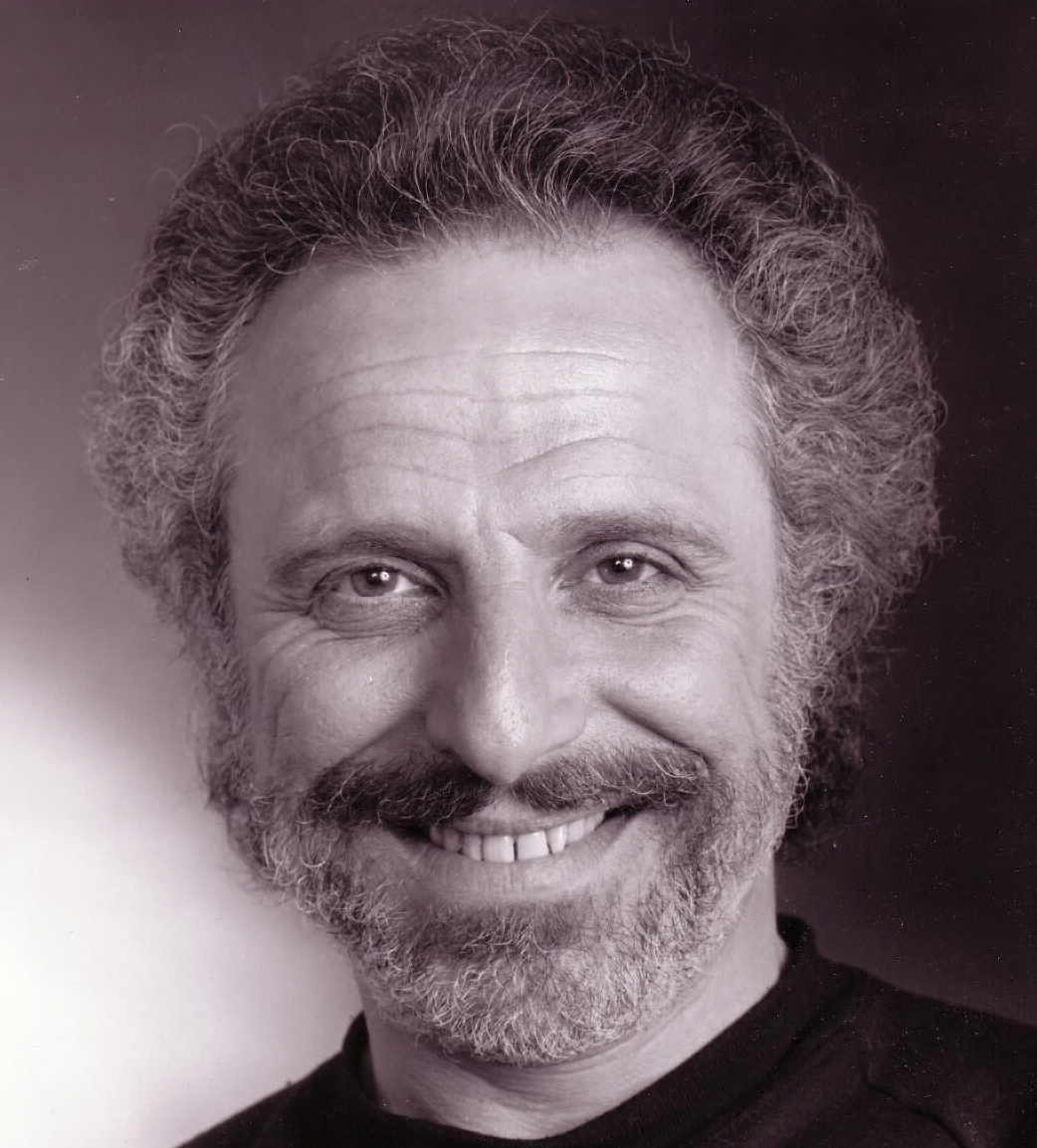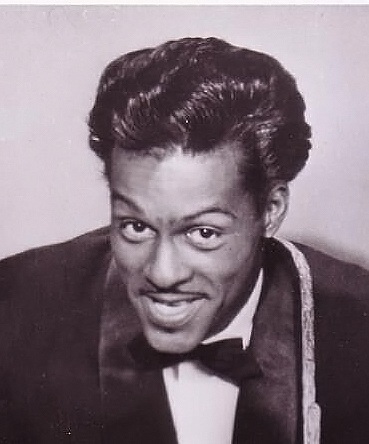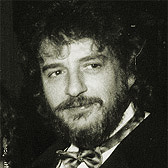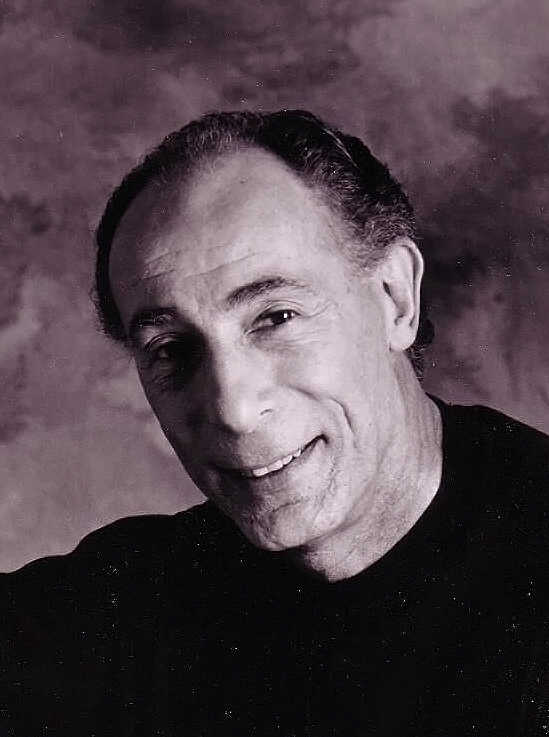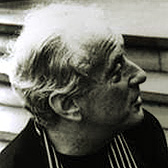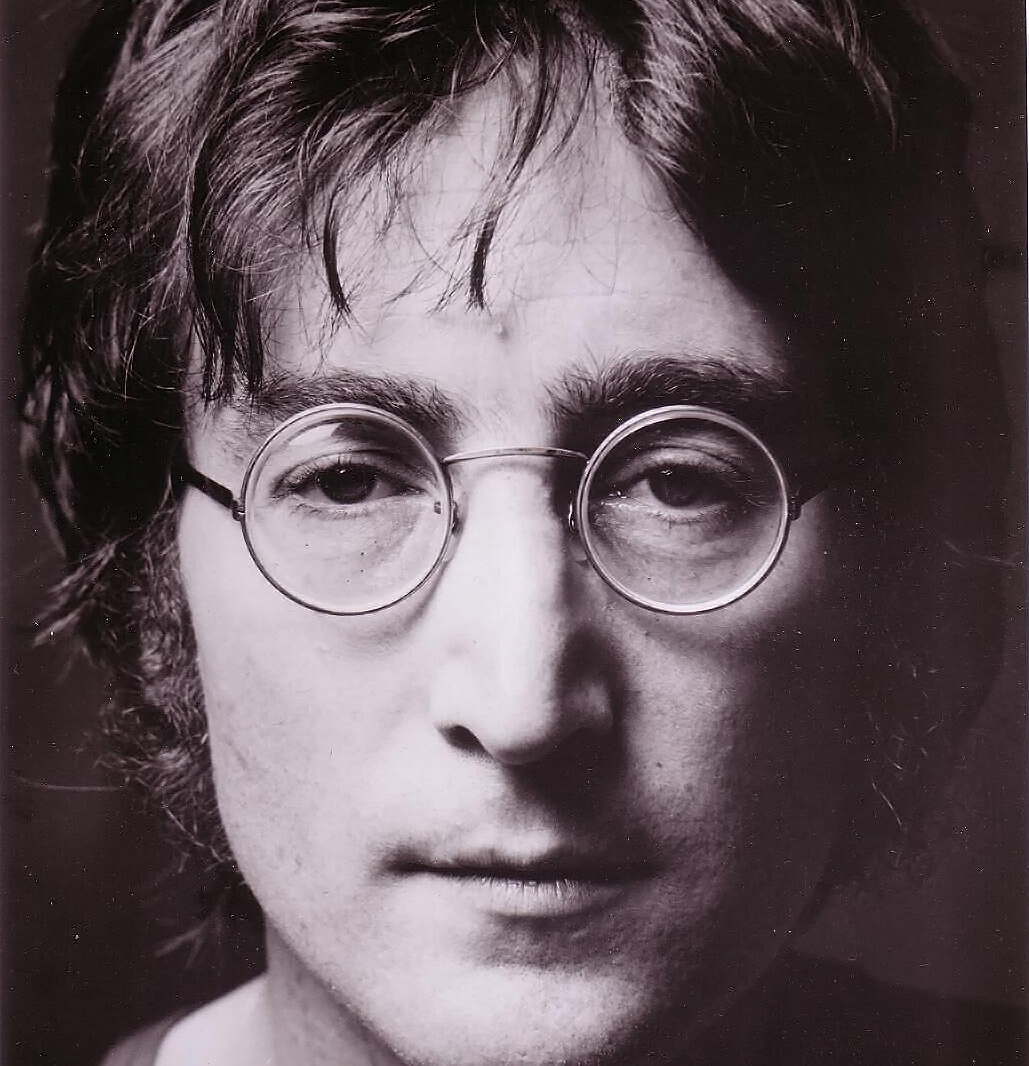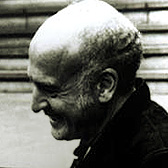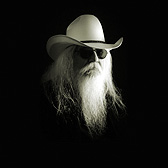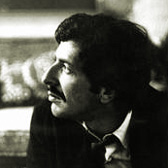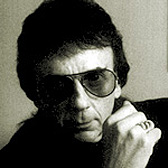
Invented "Wall of Sound" that revolutionized pop music recording
Phil Spector
InducteeCareer- and string of hits - spanned from Brill Building in 1950s to LA in 70s
Phil Spector was a monumentally influential songwriter and producer whose “Wall of Sound” style revolutionized the way rock music was recorded in the early 1960's.
Born in the Bronx on December 26, 1939, Spector began his lifelong immersion in music by taking guitar lessons and hanging around the famous Gold Star studio to watch the producers working with the then-new process of "doubling" voices through multi-tracking reel-to-reel tape. He wrote his first number-one hit in 1958, when he was a 17-year-old high school student nominally headed for a responsible career as a court stenographer.
Spector formed the Teddy Bears in 1958 with high school friends Marshall Lieb and Annette Kleinbard. Spector took the title of his first production, “To Know Him Is to Love Him,” from the inscription on his father’s gravestone. Once released, "To Know Him Is To Love Him" soon rose to the top of the charts, and while Phil Spector was only one-third of the voices ("Da-da-da-da-da"), he was pretty much the sole reason for the records existence - he played every instrument except the drums. He doubtless had the drive, the skill and the sheer chutzpah to have made it in any case, but writing that song was his first tangible passkey through all the early doors where he shaped his craft.
Then, when he felt he was ready, he and his fellow Teddy Bears scraped together $40 to cut "Don't You Worry My Little Pet. That "Pet" rose to the top on the back of "To Know Him" clearly suggested the potential of a precocious teenager. In the cold world of charts and hit records, however, all it guaranteed Spector was an entry in the well-stuffed "One-Hit Wonders" book. While the Teddy Bears were immediately signed to the larger Imperial label and Spector wrote a number of further songs for the group, none were hits.
When Spector was 18, he caught the eye of veteran producer Lester Sill, who arranged for him to collaborate with Jerry Leiber and Mike Stoller, co-writing Ben E. King’s hit “Spanish Harlem.” In 1961, Spector and Sill formed Philles Records and the new Crystals’ first single, the million-selling “He’s a Rebel,” became Philles’ first Number One single. Spector co-wrote the hit side, "There's No Other (Like My Baby)," though he would still concentrate on producing for the first year of the fledgling label's life.
In fact, Spector devoted fanatic attention to every detail of Philles Records, from production to promotion, and it paid off only 10 months later with a number-one hit, "He's a Rebel," released as a Crystals record but sung by Darlene Love and written by Gene Pitney.
In early 1963, with Philles established, Spector collaborated with Ellie Greenwich and Tony Powers on "Why Do Lovers Break Each Others' Hearts," then started with the Ellie Greenwich/Jeff Barry team by co-writing the classic "Da Doo Ron Ron." A few months later they came back with "Be My Baby," having in the meantime written "Then He Kissed Me," "Wait Til My Bobby Gets Home," "Baby I Love You" and what many consider the finest original Christmas song in rock 'n' roll history, "Christmas (Baby Please Come Home)."
In 1964 Spector began to work with another famous songwriting team, Barry Mann and Cynthia Weil, with whom he co-wrote the beautiful "Walking In The Rain" before they created their masterpiece, "You've Lost That Lovin' Feeling." In the late 1990’s, BMI reported that "Lovin' Feeling" has surpassed John Lennon & Paul McCartney's "Yesterday" as the most played song in BMI history and the first song to exceed 7 million performances.
In 1966, Spector teamed up with a third pair of songwriting legends, Carole King and Gerry Goffin, to write "Just Once in My Life." Then he reunited with Greenwich and Barry to co-write and produce "River Deep Mountain High" and "I Can Hear Music."
Unhappy with the changing direction of the music business in the late '60s, Spector did not immediately plunge into something else after he phased out Philles. But his production of the Checkmates' "Black Pearl" in 1969 erased any suggestion he had gotten rusty or out of touch. He also co-wrote that song with Toni Wine & Irving Levine.
In the early '70s he produced John Lennon’s solo debut album, John Lennon's Plastic Ono Band, Lennon's Instant Karma and Imagine, George Harrison's All Things Must Pass and The Concert For Bangladesh as well as John & Yoko's Happy Christmas War Is Over. Spector was given the task of creating an album out of the group’s abandoned Get Back sessions. The result was the Beatles final studio album, Let It Be.
In succeeding years he produced, among other artists, Dion, Cher, Harry Nilsson (with whom he co-wrote "Paradise"), Lenny Bruce, Leonard Cohen (who he also wrote with) and the Ramones. In the late 1990’s, Spector worked with Grammy Award winner Celine Dion who commented: "Phil wrote incredible songs (for me). I couldn't give all the time he wanted and it's too bad because, believe me, the songs were just unbelievable."
Throughout his storied career. Spector adopted what he famously referred to as “a Wagnerian approach to rock & roll,” calling the hit records he assembled in the Sixties for artists like the Ronettes, the Crystals, Darlene Love and the Righteous Brothers “little symphonies for the kids.” His productions were dense and orchestral, accumulating layer upon layer of guitars, horns, keyboards, strings and percussion, often with multiple instruments playing the same note in unison. The songs he selected were dizzyingly romantic, typically written or co-written with the greatest of the Brill Building songwriters, and his classic recordings relied on the brilliant contributions of a set of musicians dubbed the Wrecking Crew, which included such unparalleled session men as guitarists Glen Campbell and Barney Kessel, pianist Leon Russell and drummer Hal Blaine – with Jack Nitzsche and Sonny Bono often arranging and overseeing the recordings. Drummer Hal Blaine’s four-beat intro to the Ronettes’ “Be My Baby” is one of the most distinctive kick offs to a song in rock & roll history.
Spector’s life was tumultuous and ultimately tragic, and in 2009 he was convicted for the murder of actress Lana Clarkson, for which he was serving a prison term of 19 years to life when he passed away on January 16, 2021.


